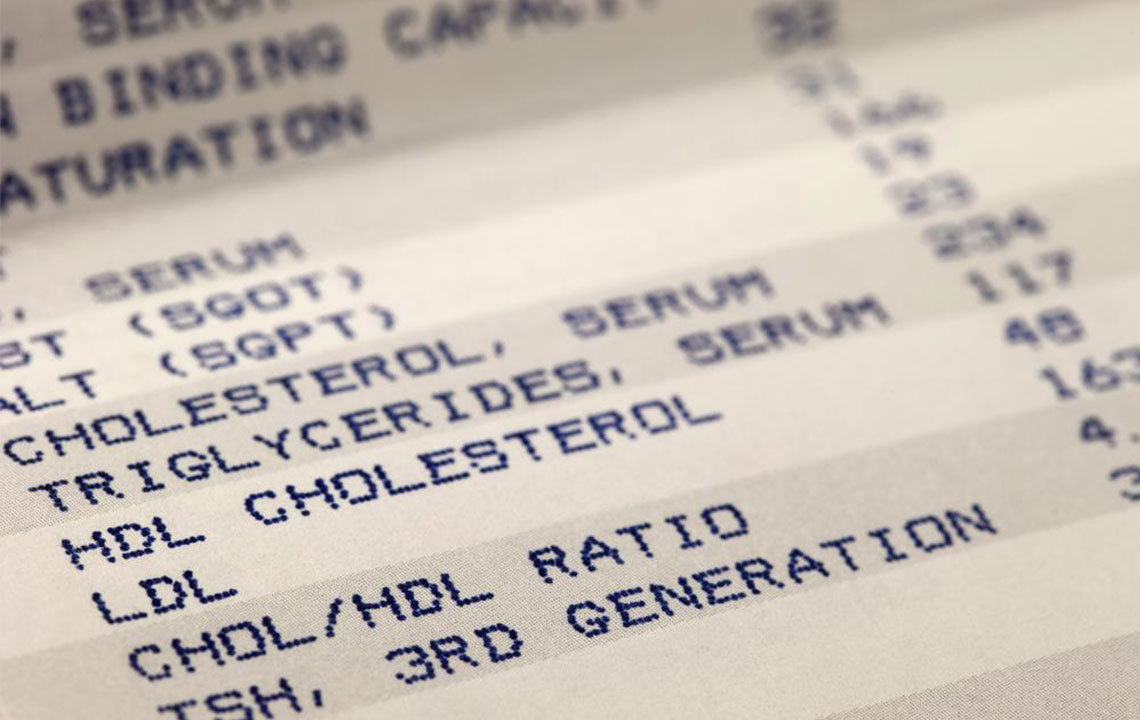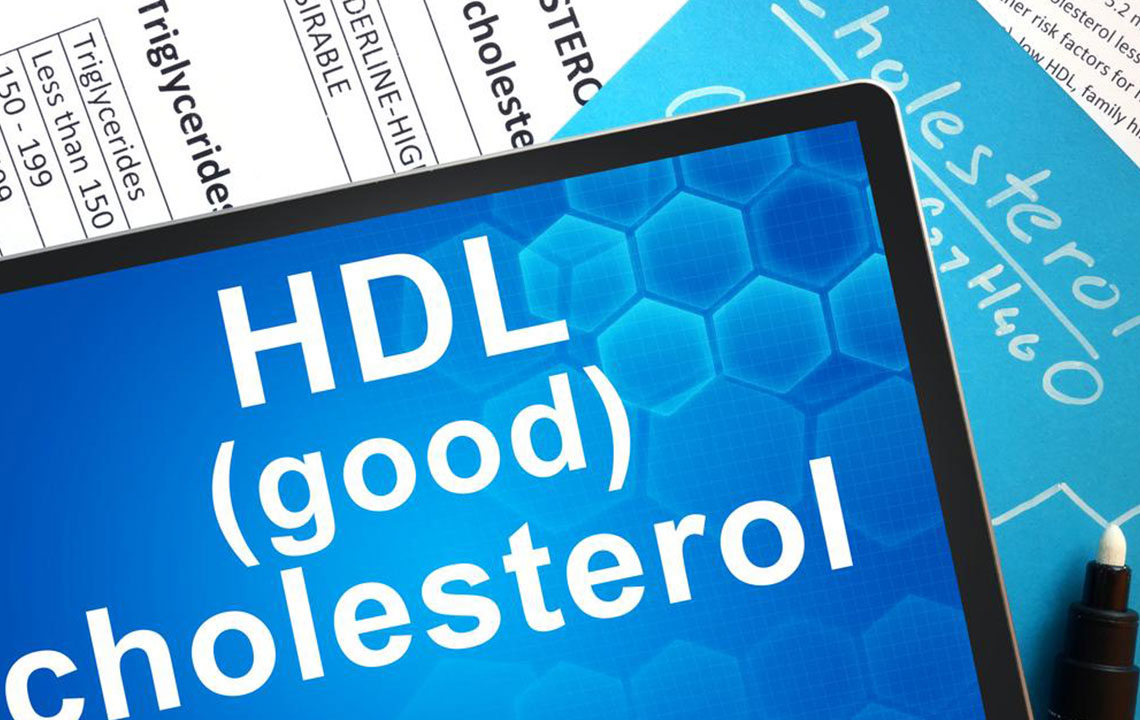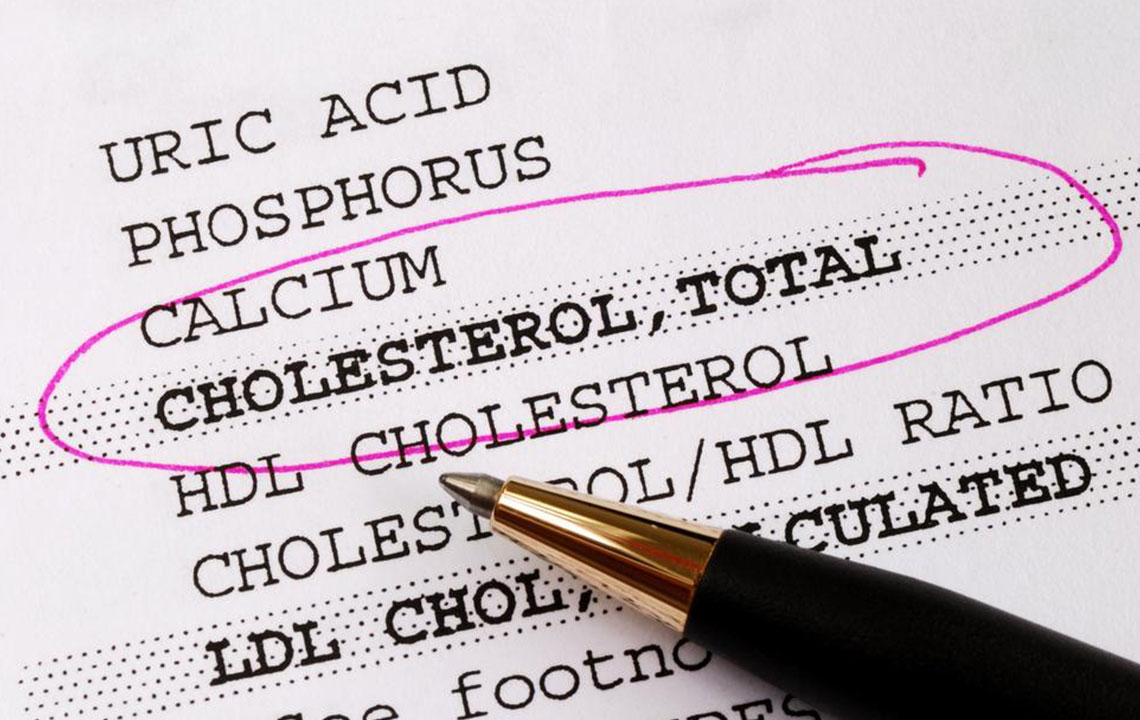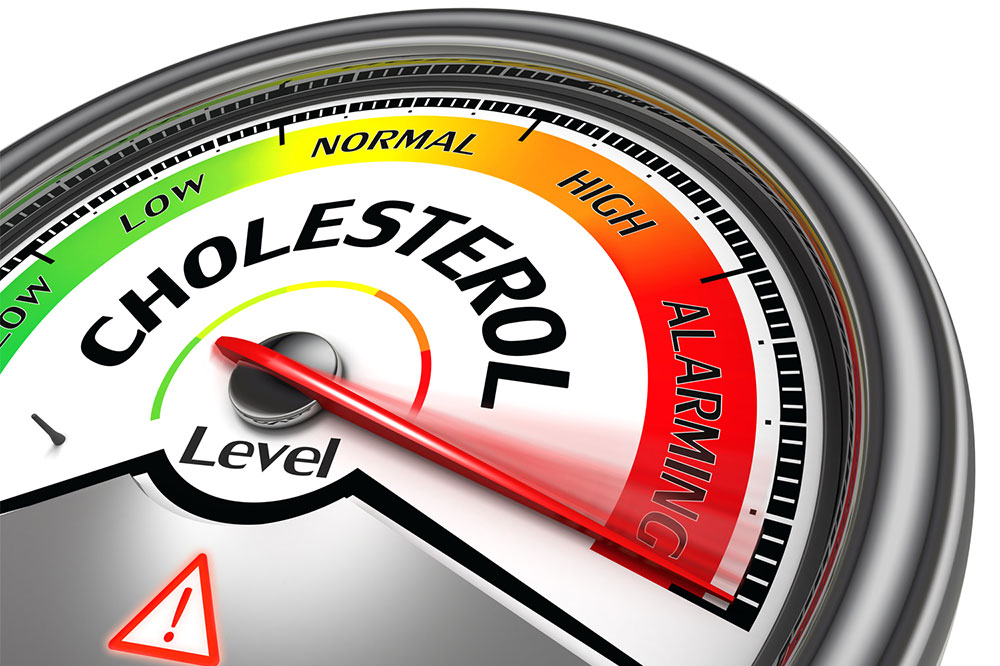Understanding HDL and LDL: Key Differences in Cholesterol Levels
This article explains the differences between HDL and LDL cholesterol, highlighting their roles in heart health. It covers optimal levels, lifestyle tips for maintaining healthy cholesterol, and the importance of balancing these fats to prevent cardiovascular diseases.

Cholesterol, a fat-like substance, plays a vital role in our body by constructing vitamin D, synthesizing hormones, and facilitating digestion through bile production. There are two main types of cholesterol carriers: high-density lipoprotein (HDL) and low-density lipoprotein (LDL). Additionally, very low-density lipoproteins (VLDL) carry triglycerides from the liver. HDL is known as the "good cholesterol" because it helps clear cholesterol from arteries, protecting cardiovascular health, whereas LDL, called "bad cholesterol," can lead to arterial narrowing. Monitoring these levels is essential for heart health.
Maintaining high HDL and low LDL levels reduces risks of strokes, heart attacks, and vascular diseases. VLDL, rich in triglycerides, also impacts health. Achieving the right balance involves healthcare, diet, and lifestyle choices.
Cholesterol benchmarks include:
LDL levels:
Less than 100 mg/dL — Optimal
100-129 mg/dL — Near optimal/Above optimal
130-159 mg/dL — Borderline high
160-189 mg/dL — High
190 mg/dL and above — Very high
HDL levels:
Less than 40 mg/dL — Increased cardiovascular risk
40-59 mg/dL — Moderate protectiveness
60 mg/dL and above — Heart protective
Healthy cholesterol levels can be maintained through a balanced diet rich in fruits, vegetables, and whole grains while reducing red meat and saturated fats. Lifestyle changes are crucial to preventing blood vessel blockages and cardiovascular issues.
Disclaimer:
This blog offers comprehensive information across various health topics based on research. However, it is not a substitute for professional medical advice. The authors are not responsible for discrepancies or inaccuracies. Always consult healthcare professionals for personal health decisions.










